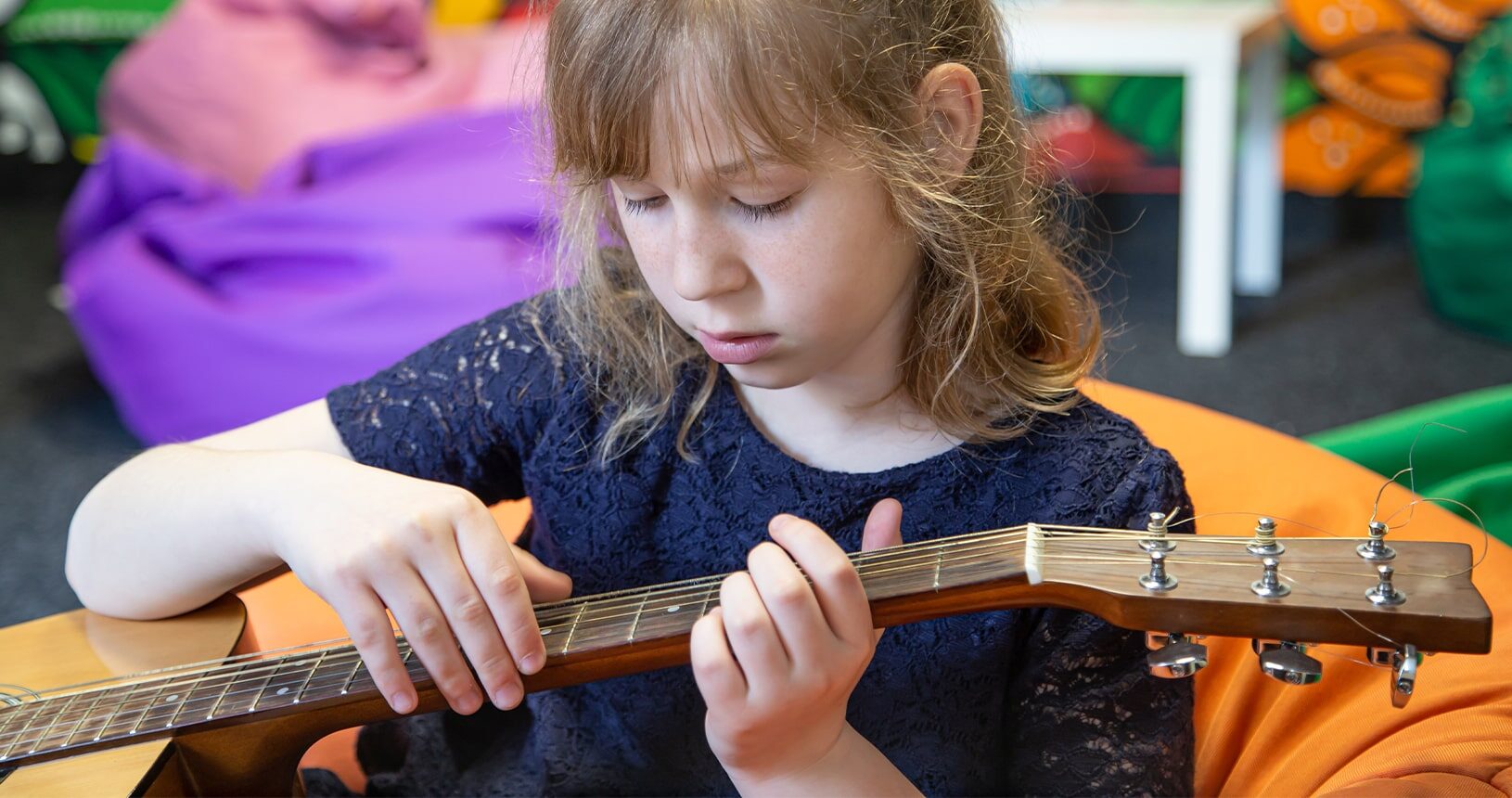Music therapy serves to acquire and maintain the daily skills needed by people and ultimately, improve their quality of life. Therapists use music, song, instruments, and various movements to work on a person's social, communication, speech, academic, and behavioral skills based on individual needs and goals. In addition, music therapy enhances mood and a positive emotional state, increases self-confidence, promotes self-expression and the development of self-regulatory skills. Music therapists successfully collaborate with other therapists for complex treatment. It is not necessary for a child to possess musical education or skills to engage in music therapy. Music therapy can be freely adapted to any characteristic and diagnosis of a person at any stage of physiological, psychological, or emotional development.

